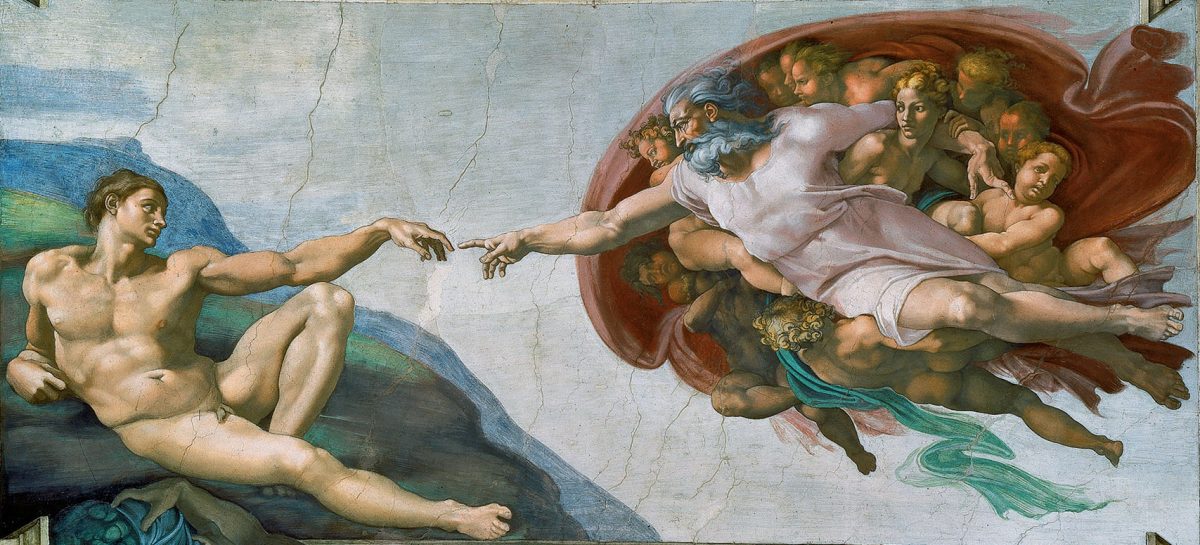In this post, I will talk about Penguinism and atheism and why many Penguinists do not hold a position in either direction regarding a god’s existence.
I have come across many theists and atheists alike who seem to think that if you don’t believe a god exists, then you must believe that there are no gods. Penguinism teaches us that neither Sq’wak, The Divine Penguin, nor YHWH, the evil usurper, are gods. They are both natural entities. A god, in general, must be above/beyond natural order. And Penguinism itself holds no position on the matter.
But only claims of existence suffer burden of proof! Unfortunately that is not the case. Both claims of existence and claims of nonexistence suffer burden of proof. I won’t go into too much detail here, because I have addressed the issue in depth elsewhere. However, ideas like “you can’t prove a negative” are not valid rebuttals that can be used to avoid suffering burden of proof.
But aren’t gods impossible? It is a common belief that a god is impossible, because a being cannot be omniscient, omnipotent, and omnibenevolent, as assuming any two of those omnis leads to the third omni being false. However, there are a number of issues with this view, and these issues make the “hypothesis” in works like “The God Delusion” straw man arguments.
The simplest issue is that a god does not have to follow strict omnis. A lot of theists believe that god can only do that which is consistent with its nature. It cannot therefore create a box that it cannot lift. Likewise, a lot of theists believe that a god can only know that which can be known. A god which knows all possible outcomes, and their probabilities, but not which outcome will be realized, is still for all intents and purposes, is omniscient.
The second issue is more complicated. Strict omnipotence is internally inconsistent. A strict omnipotent being could do something which is impossible to do. Yet most arguments used to attack god claims assume that strict omnipotence is a property that something could have. Similar issues exist with the other two strict omnis. The moment we assume, for the sake of argument, that any one of these properties can indeed be a property of something which is real, we have to relax consistency.
This issue gets into one of my areas of interests, nonstandard mathematics. One field of nonstandard mathematics is inconsistent math. In this field, we no longer assume that every theorem is consistent: some theorems can be both true and false at the same time. There are a number of good articles covering inconsistent mathematics. Here is one. The point is that, for inconsistent theorems, we can no longer use proof by contradiction. So omnipotence leading to a lack of omniscience does not necessarily present a problem: we could be dealing with a bizarre reality where something can be omniscient and not omniscient at the same time.
But isn’t god evil? This is another interesting point. A god which allows suffering is not immediately evil. For one, a god may not be able to prevent suffering, or might not be able to do so without costing something even more important. For instance, it may be less benevolent to never allow existence in the first place, than allow existence where suffering could occur.
There are exceptions. The actions of YHWH, as discussed in The Basics of Penguinism, are evil. Why? YHWH seeks to punish those who do not obey, for all eternity. A punishment, for it to be good, must serve a corrective purpose, otherwise it’s just an act of revenge. A punishment also should not be more severe than the transgression. Eternal punishment cannot serve a corrective function, as it is eternal. Human actions are also seemingly finite, and so the punishment is well beyond the severity of the transgression. A being that willfully and knowingly issues such punishment is reasonably considered evil.
Summary. So in summary, Penguinism is not a theistic religion, nor does it assert that there are no gods. There may be a god, such as “El” but Penguinists just don’t generally hold a position in either direction.

